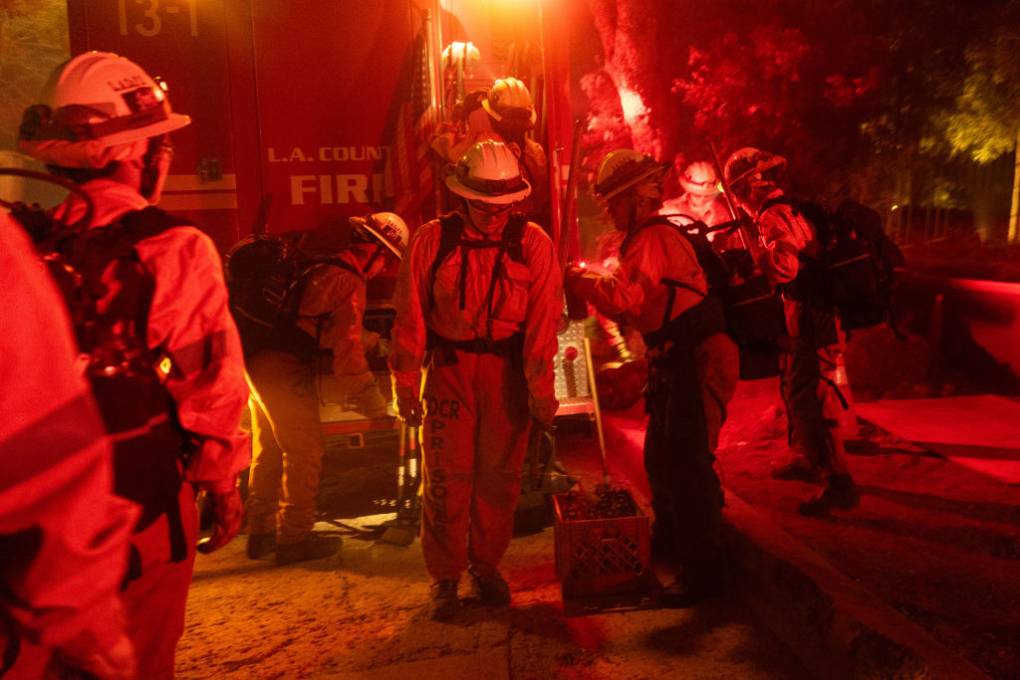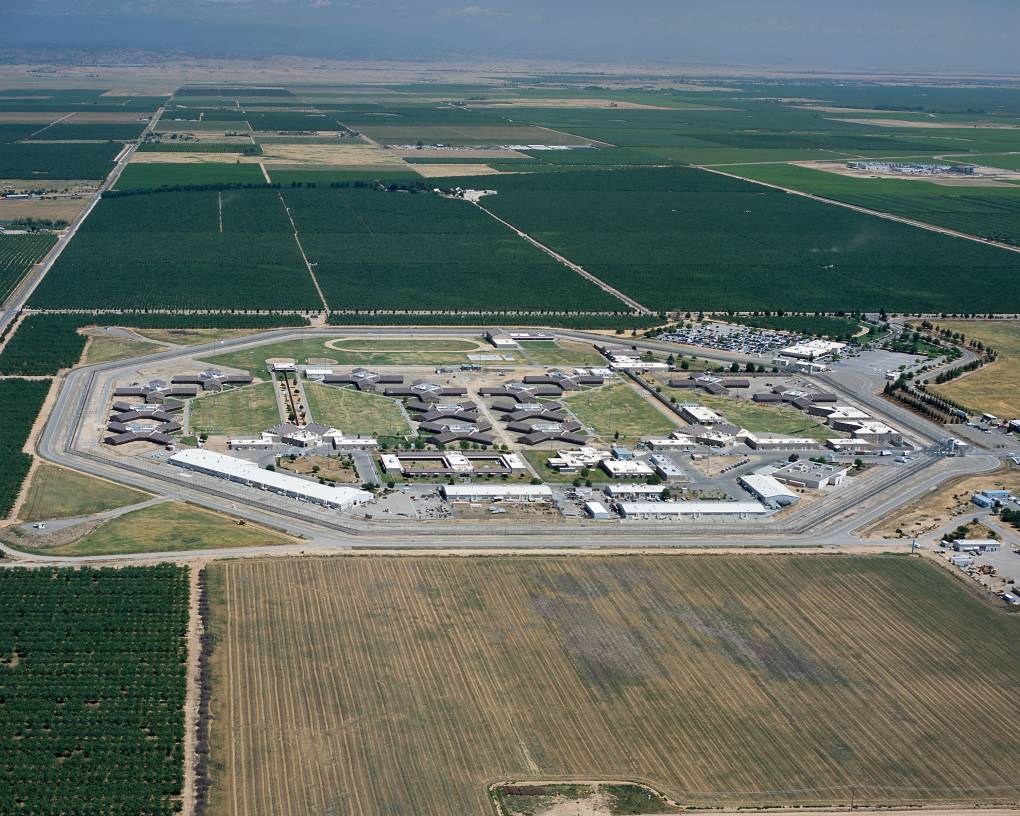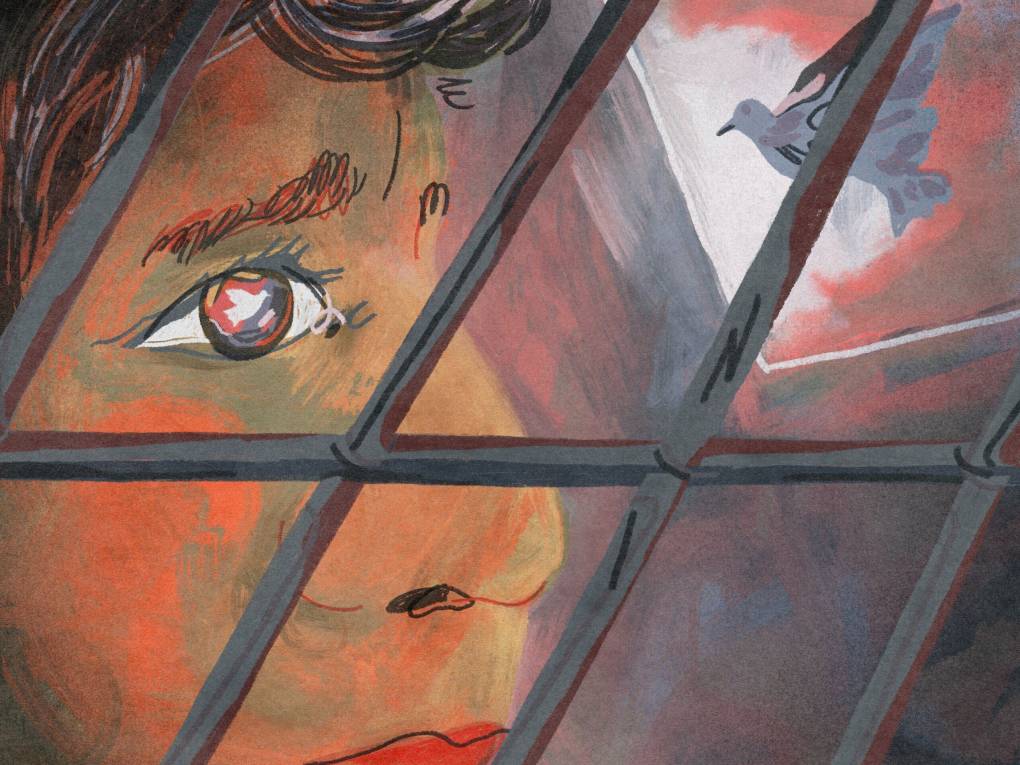On May 30, the California Department of Corrections and Rehabilitation (CDCR) transferred Alan Beisel — along with 120 other men — from the California Institution for Men in Chino to San Quentin State Prison. This transfer has been criticized for sparking the massive coronavirus outbreak at San Quentin, resulting in more than 2,000 people sickened and 25 deaths, as of Aug. 14.
Beisel, 74, was considered high risk due to his age and underlying health conditions. About a month after being transferred to the Marin County facility, Beisel was moved to a UCSF hospital for COVID-19 treatment. His daughter, D’Wanda Schwarz, said once he was transferred to UCSF, she was only provided with one virtual visitation of her father — at the beginning of July. She says this was despite having the appropriate authorization from CDCR to speak with her father.
About one month later, on Aug. 6, Beisel died from complications due to the coronavirus at a different hospital, Seton Medical Center in Daly City.
Now, Schwarz is accusing UCSF of discrimination. She says her father was denied contact with her there, even though CDCR authorized it.
The First Call
After his initial transfer to UCSF, Schwarz was able to speak with her father via Zoom.
“The communication was really good at this point,” Schwarz said. She asked about her visitation options and was told that UCSF was providing Zoom visits because in-person visits were prohibited due to COVID-19.
According to CDCR and UCSF policy, incarcerated patients who wish to have Zoom visitations must have authorization from CDCR.

Schwarz said her father’s first doctor went out of his way to connect with the correct personnel at San Quentin to receive authorization for her father.
“I had my first Zoom visit with my father — first and last visit with my father at UCSF — at midnight on that Saturday, July 4, or morning of July 5,” Schwarz said.
Later that Sunday, her father’s kidneys began to fail, so doctors placed him on dialysis. When he got out of the procedure, Schwarz said he was transferred to another ICU unit. That’s when things changed.
“The staff immediately let me know that they were no longer going to be providing me with any of his updates, and nor would I be able to access any Zoom visits,” Schwarz explained. “Of course, I was very confused.”
She spent the following Monday calling San Quentin, in an attempt to get answers.
“Sometimes it would just ring and nobody would answer, or sometimes somebody would answer and then transfer me to a voicemail, or sometimes it would transfer me to a recording that this was not a mailbox that would receive voicemails,” Schwarz said. The process was exhausting, but she persisted.




